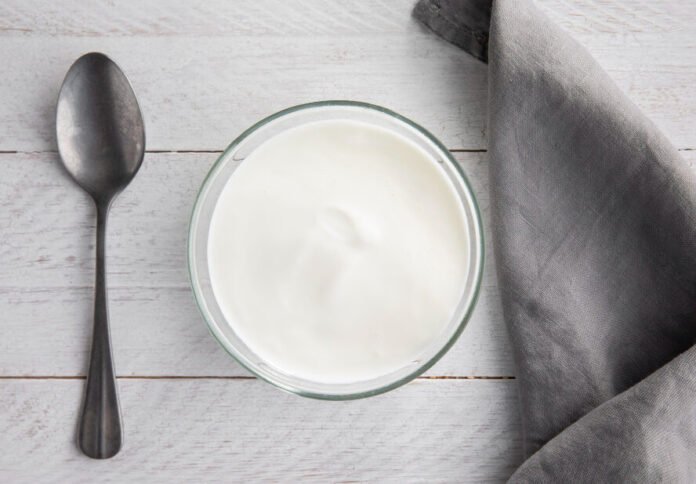Study shows colorectal cancer risk may be lowered by regular yoghurt consumption
Could a simple change in diet protect against colorectal cancer? A groundbreaking study reveals that consuming yoghurt containing live bacteria may lower the risk of a specific form of colorectal cancer, offering fresh hope for prevention. Experts have long known that probiotics, like those found in yoghurt, have health benefits, but this recent discovery connects live yoghurt consumption to a reduced incidence of Bifidobacterium-positive colorectal tumours.
Colorectal cancer is the third most common cancer globally, according to the World Health Organization (WHO), and risk factors such as poor diet, lack of exercise, and excessive alcohol intake are well-established. However, lifestyle changes, particularly in diet, have been shown to help reduce the likelihood of developing this form of cancer. Now, new research suggests that adding more live yoghurt to your diet might be a game-changer.
Led by a team at Mass General Brigham and published in the journal Gut Microbes, the study found that people who ate at least two servings of live yoghurt a week had a 20% lower rate of developing colorectal tumours that were positive for Bifidobacterium. This strain of bacteria, commonly found in the human gut microbiome, is thought to play a role in gut health and may contribute to reduced cancer risk.
The study used data from two large health studies—the Nurses’ Health Study and the Health Professionals Follow-up Study—which followed more than 150,000 participants over several decades. By examining their dietary habits, including yoghurt intake, and assessing colorectal cancer cases, researchers discovered a clear connection between regular yoghurt consumption and a lower incidence of Bifidobacterium-positive tumours.
Gemma Balmer-Kemp, PhD, Head of Research at Cancer Research UK’s Cancer Grand Challenges, expressed the significance of this discovery, noting that while the study establishes a correlation between yoghurt consumption and reduced cancer risk, further research is necessary to understand how exactly Bifidobacterium might play a role in preventing cancer.
Embed from Getty ImagesDespite the promising findings, experts caution that this is not yet proof of causation. The study is observational, meaning it highlights a potential link rather than proving that yoghurt directly prevents colorectal cancer. Dr Balmer-Kemp added that understanding the mechanisms behind the relationship requires further exploration.
So, what makes yoghurt so special? Yoghurt with live bacteria—such as Lactobacillus bulgaricus and Streptococcus thermophiles—has been known for its digestive and immune-boosting properties. Many studies suggest that probiotics help improve gut health, regulate digestion, and even reduce the risk of certain diseases, including cancer. In particular, Bifidobacterium, one of the key strains found in yoghurt, is believed to have anti-inflammatory and antioxidant effects, which could help protect the body against cancer development.
Registered dietitian Kelsey Costa, who was not involved in the study, explained that Bifidobacterium’s beneficial effects could be tied to its role in strengthening the gut barrier. By improving gut health and reducing harmful inflammatory proteins, Bifidobacterium might inhibit the growth of certain tumours. This could help explain why people who consume more yoghurt experience a reduction in Bifidobacterium-positive colorectal tumours.
As exciting as these findings are, experts agree that more research is needed to confirm the causal relationship between yoghurt and colorectal cancer protection. Dr Balmer-Kemp points out that while yoghurt might be a factor in reducing cancer risk, understanding the biological mechanisms at play will require further investigation.
For now, incorporating live yoghurt into a balanced diet appears to be a simple and potentially beneficial way to improve gut health—and it might just help lower your risk of colorectal cancer.
